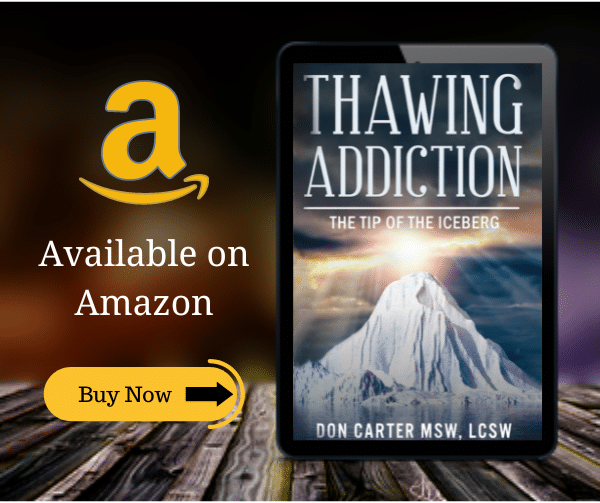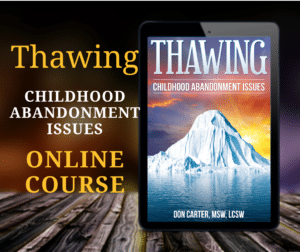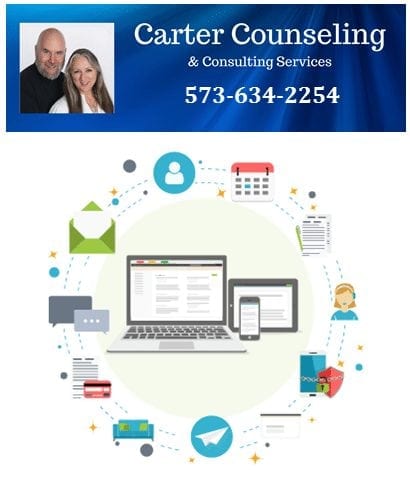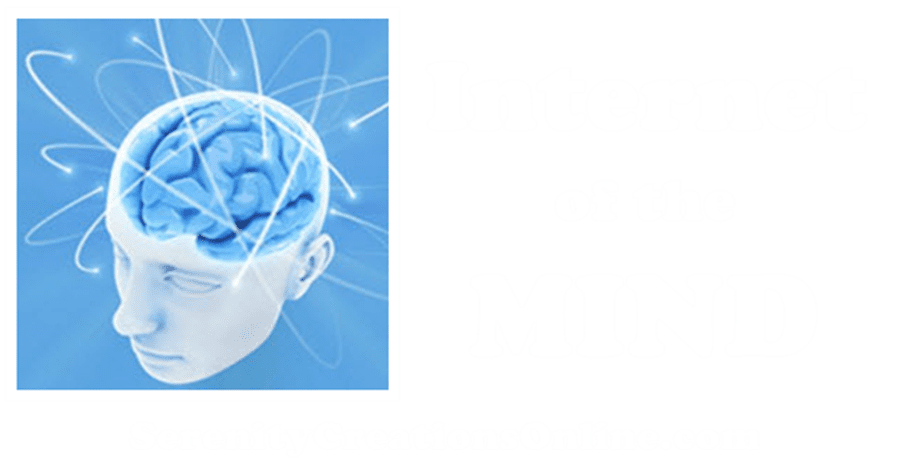
Positive Self Talk & the Drama Triangle
Positive self-talk is essential to ending enabling behavior, recovering from addictive behavior, and creating happiness and success in your life.
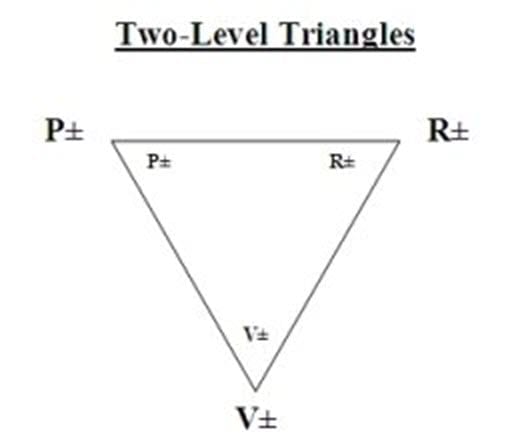
We humans react to the world and other people on two levels of experience… the Social level (Public Self)… and the Psychological Level (Private Self). Our public self-consists of what we actually say and do. While the private level consists of our inner dialog and interpretations — What we DON’T necessarily say or act upon.
Below is a diagram that represents out outer world — anything outside our own skin — and our inner world of thoughts, interpretations, and feelings.
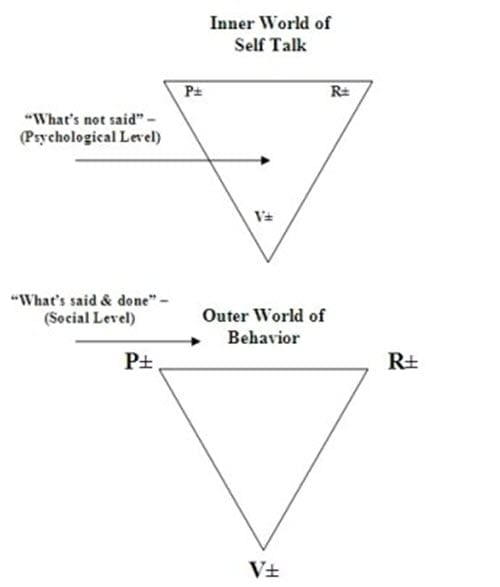
Negative Self Talk
If we have negative inner dialog it’s usually in some combination of an inner Persecutor, inner Rescuer, and/or inner Victim. Negative self-talk originates in the Adapted Child ego states as in the examples below…
The corners of the triangle are in conflict with each other — causing inner strife and turmoil. This is often at the root of various mood disorders & self-esteem issues.
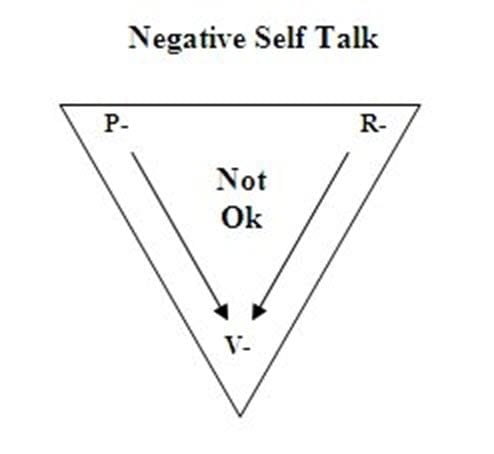
The inner Rescue (R-) usually consists of messages sent from the Critical Parent and/or Angry Child ego state to the Vulnerable Child ego state such as — “They are so stupid! They can’t do anything right!” (Unexpressed Externalizer message designed to sooth/rescue the Vulnerable Child).
The inner Victim (V-) is the receiver of direct messages of personal incompetence from the inner Persecutor. But, the inner Victim (V-)also gets an indirect message of personal incompetence from the inner Rescuer because having to be “bailed out” by blaming others frequently implies personal incompetence — With negative self-talk, someone is always “Not-Ok”.
Positive Self Talk
With positive self-talk, we have the ability to flexibly choose our response — inwardly AND outwardly. In other words, we are able to be pro-active instead of re-active when we are in charge of our inner dialog.
All corners of the triangle are conflict free… working & communicating together in harmony with each other. This creates inner peace and good self-esteem.
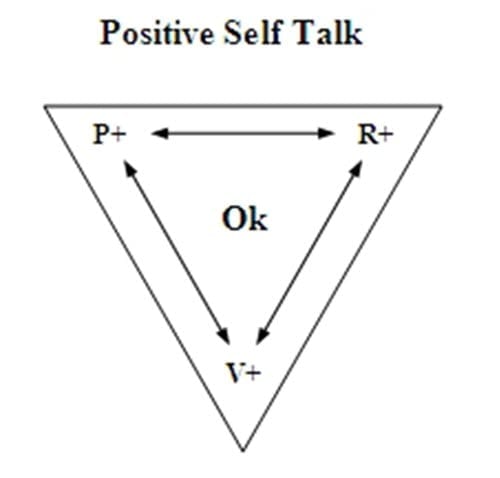
This is because in the ‘P’ corner of the triangle we have access to our Personal Power (P+) (a strong sense of Ok-ness) which means we can be assertive and set healthy boundaries to protect ourselves.
Our Personal Power also gives us our internal emotional boundaries which help to regulate our emotions.
A natural Parent ego state has two functions… to nurture and protect. It follows then that the Parent ego state, in consultation with our Adult ego state, is the source of our Personal Power. The two corners on the top line of the triangle combine to create the healthy Parent ego state…
In the ‘R’ corner of the triangle, we have a part of us that is capable of Reaching Out (R+) to other more vulnerable parts of ourselves in a caring, compassionate way that is “self-soothing” to those parts. This is the ability to nurture, which is also a function of our natural Parent ego state.
And finally, in the ‘V’ corner of the triangle we have access to our most Vulnerable (V+) part — the Natural Child ego state. With Personal Power and nurturing from a protective inner Parent and a wise Adult ego state, we are able to sooth the inner children and make sure it’s safe for them to come out to play — i.e., that its okay to open up, become vulnerable and trust others. (We only do that when we have scouted the territory and we have determined it is safe.)


